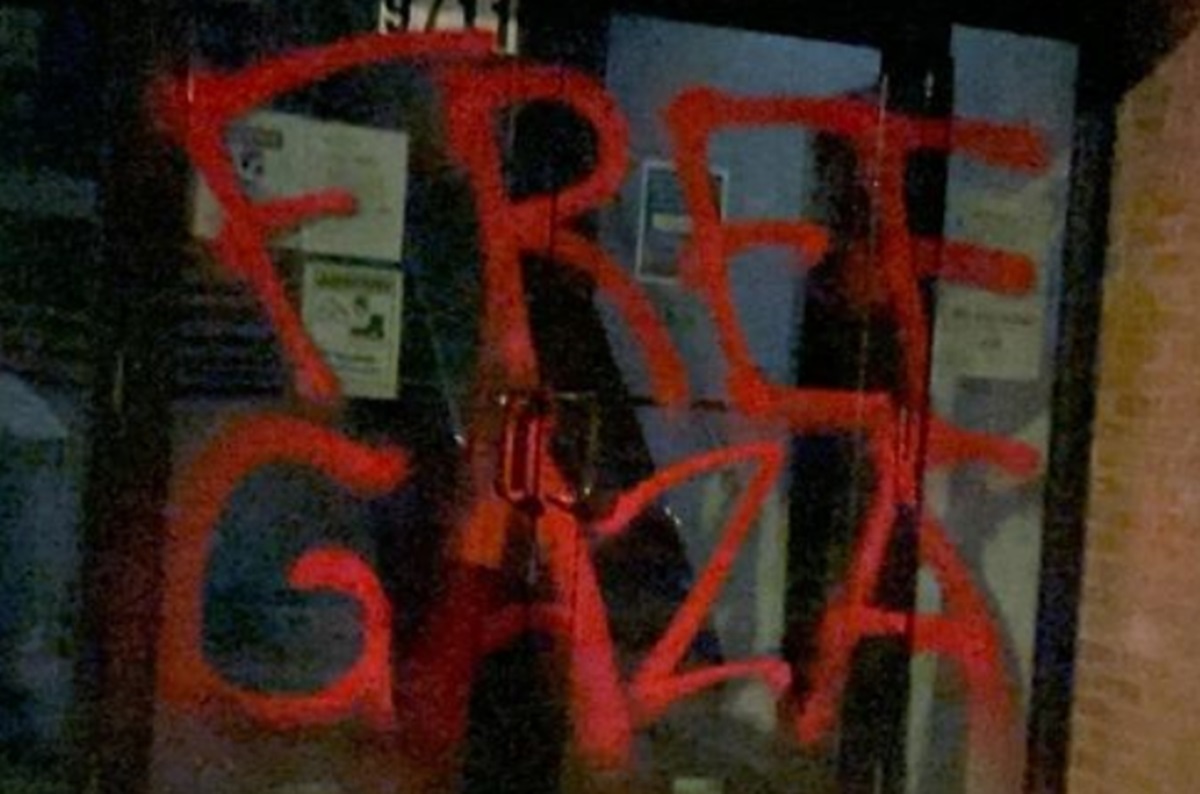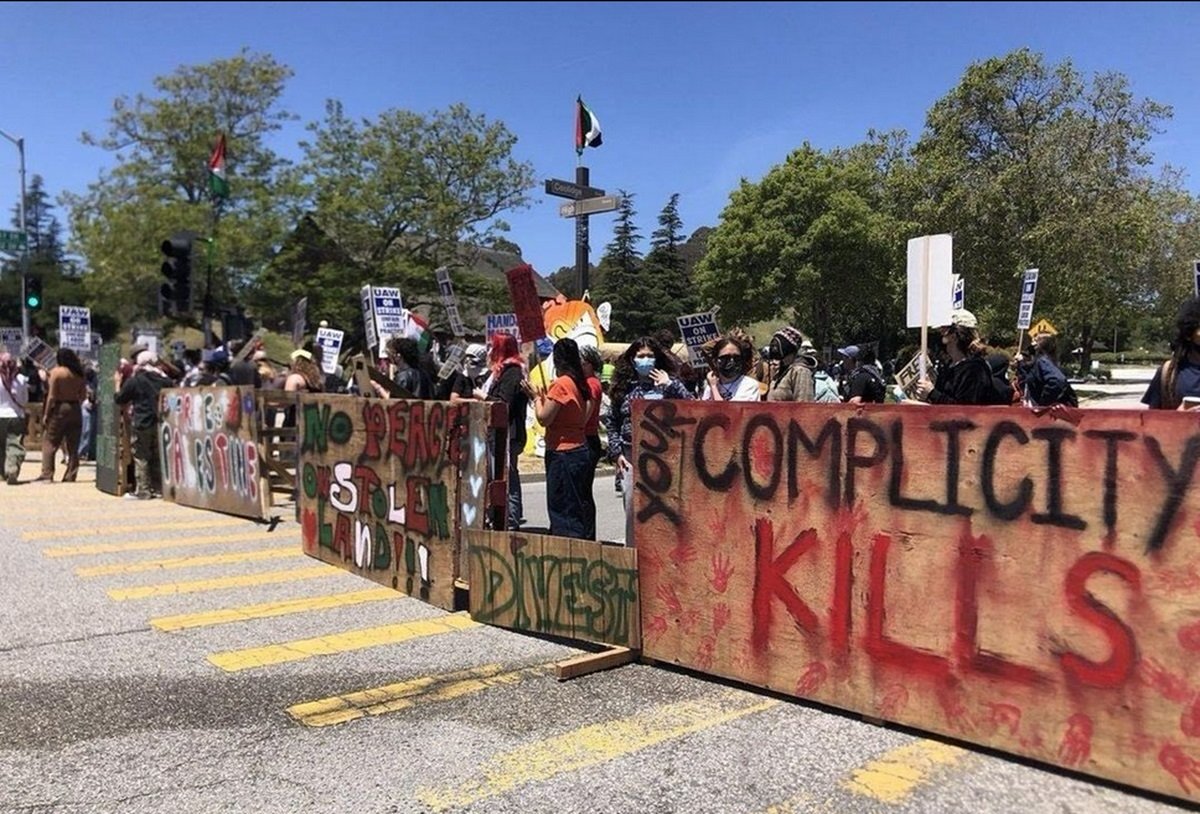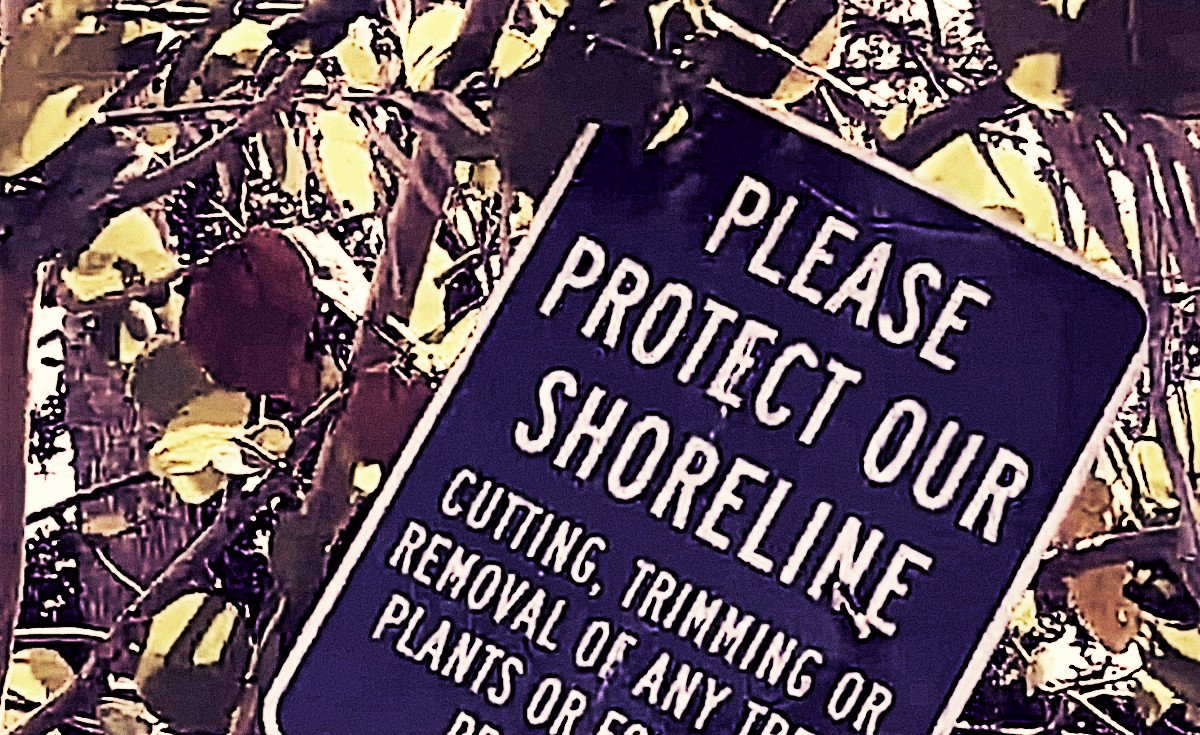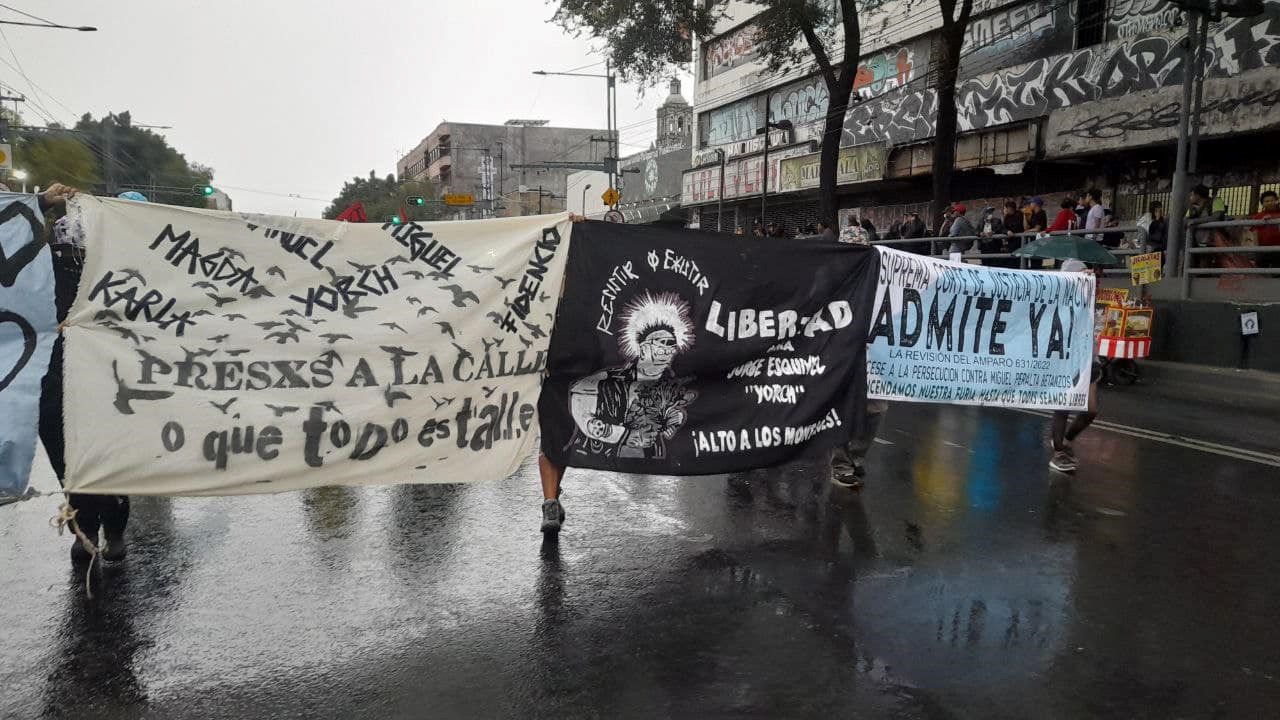Filed under: Analysis, Critique, Featured, Solidarity, War
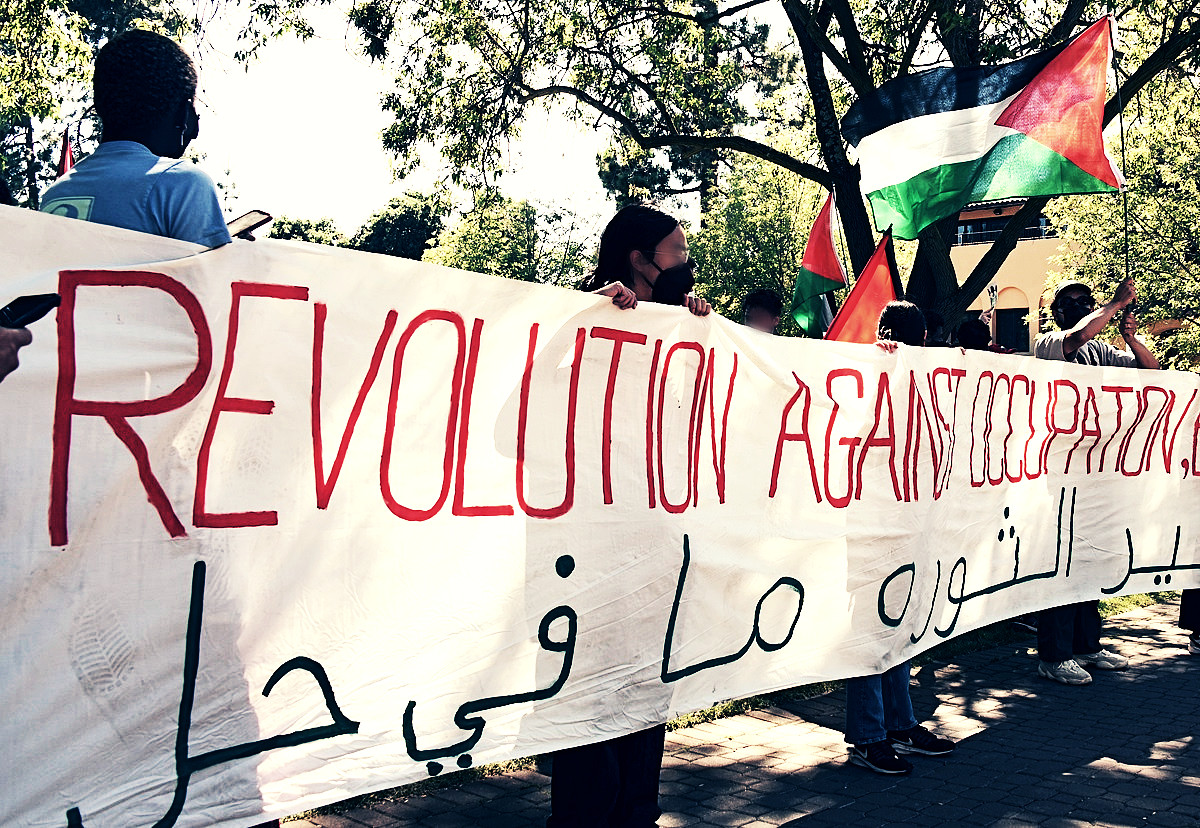
An open letter offering a critical analysis of the campus based movement in solidarity with Palestine. Download and print a PDF zine version here.
As the summer sets in and most of the encampments pack up, the genocide will surely continue. Nothing we have done collectively seems to have slowed it down in any measurable way: everyone in Gaza at this point has been made homeless all over again, they are facing acute food insecurity, half are facing catastrophic levels of famine; Israel is still intentionally targeting children, the elderly, aid workers, family members of combatants, and journalists; attacks by settler paramilitaries in the West Bank are increasing, and now the Israeli government are revealing that their ceasefire negotiations were just a lie to buy more time as they begin their invasion of Rafah. We need to be able to face these facts. This is an invitation to recognize our failures and shortcomings and to move forward with this recognition. Palestine and Palestinians—specifically Gazans—need more effective solidarity.
For months here in northeast Ohio, we have watched the emergence of pro-Palestine “leadership” who have been catering to the wrong interests. Their approach has not been informed by the history of the struggle for Palestinian liberation, the struggle against segregation and police here in the US, or relevant movements like the decades-long campaign for divestment from apartheid South Africa, a racist regime that was an explicit source of inspiration for the Israeli government.
This self-appointed leadership has pacified the movement and given all the advantages to those who demonstrably care nothing for Palestinians (the university administration, city council, the police, etc.). It has stripped us of our greatest sources of strength.
- Putting our faith in negotiations with the administration is just following the playbook that universities use to weaken student movements. Their method is to wait out the protests, knowing the end of the semester will arrive soon enough. If a university invests in Israeli genocide, do we think they care about the rights of either students or Palestinians?
- Letting the police into encampments puts many people—particularly people of color, houseless people, undocumented people, and people who are not neuronormative—at far greater risk of harm.
- Accepting the dominance of top-down and would-be vanguardist organizations hurts movements. Silencing criticisms of such groups in the name of “unity” is no excuse. We have seen time and again how these organizations ultimately prioritize their own organizational interests, which means recruiting, capturing the spotlight, spreading their party line, not dirtying their hands with real, long term organizing, not dedicating time to the labor of care or prisoner support, and sending others to carry out risky actions without informing them of the risks, without supporting them when they are arrested, and without taking risks themselves.
- Reducing the entire range of tactics to the hypocritical distinction between “peaceful” and “not peaceful” is just a coded way of saying what forms of resistance deserve to be repressed. It’s playing respectability politics, which has never worked for the movements of the oppressed.
What is our greatest source of strength? Solidarity. But if students consent to the administration or self-appointed leaders aiding the police as they ID, expel, or arrest non-students from an encampment, they are breaking solidarity. If people at the encampments are engaging in “peace policing,” telling other people what tactics they are “allowed” to use, they are breaking solidarity.* If they are punishing dissent, denouncing people brave enough to push back against police control by taking their pictures, filming them and putting it on social media, snitching or aiding in arrests, they are breaking solidarity. If they are organizing every event and protest at a breakneck rhythm, exclusively focused on a superficial urgency, only communicating over social media, or using other practices that exclude the elderly or people with disabilities or chronic illness, they are breaking solidarity. Urgency is real in our struggles, but it needs to be balanced by a rhythm that shows we are in this for the long haul, that we take care of us. This is especially important because many of the people who are being excluded have the experiences, skills, and bravery this movement needs to break out of all the enclosures so that the dominant institutions can’t keep ignoring us, silencing us, or arresting us as they profit off genocide.
To their credit, many of the groups and people who make up this movement agree with the concept of a diversity of tactics. We believe that, with a handful of exceptions (the politicians and police who come from inside the movement and from the outside) the people who are showing up are doing so from a real desire to enact solidarity, and they are coming from a place of sincerity. What we are trying to say, sincerely, is that in the face of genocide, we need to do better.
It has been inspiring to experience and participate in the rapidly growing network of encampments. In particular, working class universities like Cal Poly Humboldt and CUNY should be commended for their creativity, bravery, and clear understanding of the intersections of struggle. This should be studied by communities, or anyone, who is seriously committed to resisting state repression and fighting for a free Palestine. These students, activists, and community members did not wait around for the administration to invite them to a seat at the table; they did not wait for a body of leadership to swoop in and save them. They simply understood what needed to be done in response to genocide.
As one student from Humboldt said, “I think of it as an honor to have been suspended fighting this.”
We, too, feel honored to fight alongside you.
In solidarity, and for an end to all settler states and apartheid regimes from Turtle Island to Australia, and Aotearoa to Palestine,
-a Palestinian anarchist who grew up in Northeast Ohio, with family in the West Bank and loved ones in Gaza
-a settler-descended formerly incarcerated anarchist based in Cleveland
we encourage everyone who supports this letter or considers it useful for ongoing conversations to share it, repost it, and send it to pertinent organizations and individuals involved in the solidarity movement
the authors of this letter are organizing a conversation about next steps for strengthening our movements, amongst the communities we organize in
we encourage people who receive this letter who are a part of other networks to also convene open conversations for reflection, learning, and strategizing
*Clearly, people should be able to speak critically about any kind of tactic or action they disagree with, or that puts them at risk, and it is important for movements to work through this friction, understanding there will never be complete consensus. In a pacified society, we need to work hard to expand our toolbox of available tactics, and in heterogeneous movements, we need to find ways for multiple spaces with different rhythms, skill sets, and risk levels to coexist. What we are criticizing here is the arbitrary imposition of pacifism, helping the police do crowd control, enabling police to ID people, and filming people and putting their faces online for yelling at the cops or pushing the envelope a little.
Postscript: On the difficulties of criticism in a leftist and nonprofit scene
In response to our open letter, published at the beginning of this week, we received a great deal of gratitude from people who had had similar experiences. We also received a significant amount of push back. We believe most of the resistance came from a sincere place, but it demonstrated a complicated mix:
- sympathy with the criticisms, but fear that other people would take them the wrong way
- apprehension that they “weren’t experienced enough” to be making criticisms (sadly but unsurprisingly, this was voiced most often by women, especially women of color)
- concern that they couldn’t sign the letter because they “weren’t Palestinians” (just like being Palestinian doesn’t automatically give you a good take, not being Palestinian doesn’t mean you don’t have a valid perspective – the most important thing, maybe, is to be aware and honest of what your perspective actually is, and what experience you actually speak from)
- well intentioned condescension
- tone policing, whereby offending movement allies who think we might be indirectly throwing shade their way is considered a worse crime than excluding people with jobs (not counting tenured professors), people who aren’t a part of the pre-established club of important activists, or people with chronic illnesses
- the belief that airing criticisms violates solidarity or will lead to infighting
- the belief that criticism should only be shared between individuals or groups that already have a strong basis of trust
- attempts to silence the open letter or ghost people circulating it
One of the main takeaways here is extremely worrying: people in our movement are scared of criticism and are not used to giving or receiving constructive criticism, resulting in an atmosphere of avoidance. From our experience over the prior decades and from movement history, we know that movements that cannot engage with constructive criticism are doomed to perpetuate harmful and self-defeating dynamics.
We also know that the current movement, at least in our geographic region, has gatekeepers, certain ideas of rhythm and urgency, minimums for being able to participate, rampant tokenism, unspoken beliefs about who matters and who does not, awareness of certain forms of oppression or exclusion and no awareness of others, a tendency to dismiss unpopular or radical ideas as “sectarian” while constantly rehabilitating and giving a pass to clearly sectarian groups that have harmed us in the past… above all it is a movement with very little memory of its own history.
These shortcomings made it difficult for many people to participate in the encampments in a meaningful way and it insulated those with the most power and the least accountable uses of power from any feedback or criticism. These forms of exclusion, many unintentional but some intentional, had a disproportionate impact on disabled people, older people, working people, racialized people, people more vulnerable to police violence, and people who do not hold a position of power in the established NGOs and Left organizations. We know this from our own experience and the experiences expressed by multiple other people in the movement space. In fact, we only wrote this open letter because of the way meaningful participation was so limited and in some cases policed.
It was clear to us that a small but significant amount of the push back to the open letter was coming from an insincere and self-interested place. One of the clearest indicators of this were the multiple people wringing their hands about how the open letter might harm the solidarity movement, without at all addressing the ongoing forms of harm that we named are being perpetuated in the movement, and without voicing any empathy with one of the letter co-authors, who has family members and loved ones currently in the West Bank and Gaza.
We would like to describe an entrenched dynamic here in northeast Ohio, that also predominates in many other parts of the country: self-appointed leaders and organizers who mistake themselves for the movement, who are not always honest with themselves about how much relevance and presence their organizations actually have, and who talk about coalition-building to refer to a process that seems to center more on protecting egos, claiming turf, and building complicity and social power among a small number of established activists who are more likely inhibit and even drain movements than they are to enable and empower them.
We know that this description is only a small part of a big picture. There are also many groups and individuals that participate in these larger coalitions, that may be legally constituted as NGOs, or that constrain themselves to a single-issue focus, but that are sincerely doing the best they can in a difficult situation with severely limited resources. We appreciate you. We are also looking for the best ways to act in a situation in which our enemies hold nearly all the weapons.
We offer this feedback so that we can all develop a collective consciousness of authoritarian dynamics that drain our movements and protect institutions of power from effective resistance, and so that any sincere people caught up in this framework have another opportunity to see it, acknowledge it, and change how they engage.


